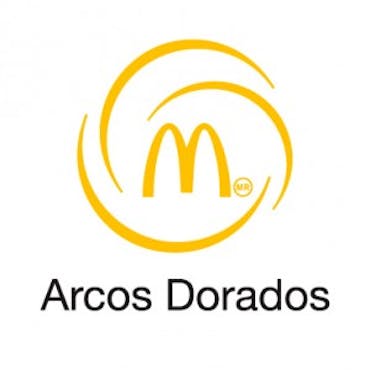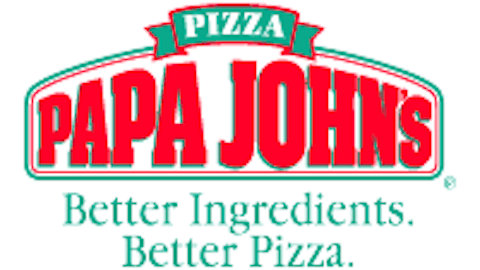
While it is true that these events may not provide a sustainable boost to lift Brazil’s economy out of its new found doldrums, they will certainly boost sales for beverage, fast-food and convenience store chains, with international visitors, spectators, and athletes flooding the country. This will see the profitability of the major fast food chains operating in Brazil higher translating into higher share prices and an opportunity for investors seeking exposure to that industry.
How much growth will these events contribute?
It has been estimated that the 2014 FIFA World Cup will contribute $70 billion from both direct and indirect investments in Brazil, while the 2016 Olympics will contribute around $51 billion to the Brazilian economy. Investments of this size in Brazil will obviously stimulate an economy that has fallen afoul of falling demand for both its commodities and manufactured exports.
This, in conjunction with falling foreign investment, drove Brazil’s annual GDP growth rate down to 0.9% in 2012, compared to 2.7% in 2011 and 10.5% in 2010. But the outlook for 2013 and 2014 is somewhat better with 2013 GDP growth estimated at 2.8% and 2014 at 3.5%. Some of this can be attributed to the upcoming FIFA World Cup and Olympics and it certainly bodes well for increased consumer spending.
Key players in Brazil’s fast food industry
Those companies that stand to benefit most from these two events are those in the fast moving consumer goods sector and include brewers, fast food restaurant chains and convenience stores. Probably the most prominent among these companies for investors is Argentine company Arcos Dorados Holding Inc (NYSE:ARCO), which is the McDonald’s Corporation (NYSE:MCD) Latin American master franchisee. Its key market is Brazil, where it has 735 or almost 38% of its total restaurants, which at the end of the first quarter 2013 contributed almost 48% of all sales.
Since listing as one of the hottest IPOs in 2011, its price has crashed by 60% from a post-IPO high of $29. But it’s up for the year to date by just over 3%. Its significant share price decline has been driven by sluggish growth, rampant cost inflation, softening consumer sentiment in its key market (Brazil), and a rejuvenated competition fighting for market share.
These ongoing issues are reflected in the company’s first-quarter 2013 results, with revenue falling 6% year on year to $977 million, and net income plunging by 126% year over year, to a $6.6 million loss. The one bright spot in the company’s performance was a 9% increase in comparable sales year over year, on the back of changes in product mix and pricing to more appropriately match local conditions.
While the company’s outlook may not be the brightest at this time, the FIFA World Cup and Olympics could just be the catalyst required to boost sales and profitability in order to lift a flagging share price over the short-term.
Another fast food retailer and one causing much of Arcos Dorados Holding Inc (NYSE:ARCO)’ headaches is Burger King Worldwide Inc (NYSE:BKW), which has made an aggressive entry into the Latin American market. At the end of the first quarter, the company’s number of restaurants in the region grew by 13% year over year, with Latin American sales making up 9% its total revenue of almost $328 million.



